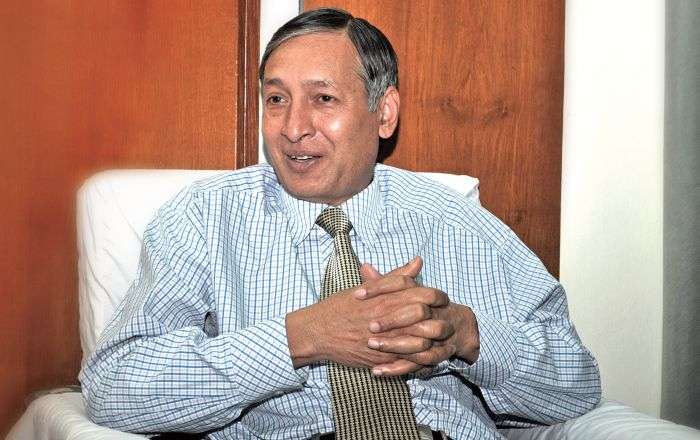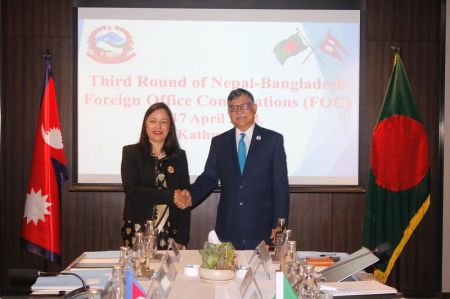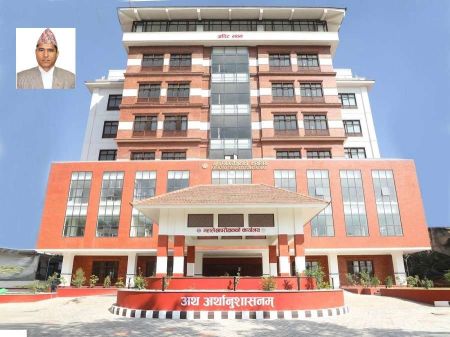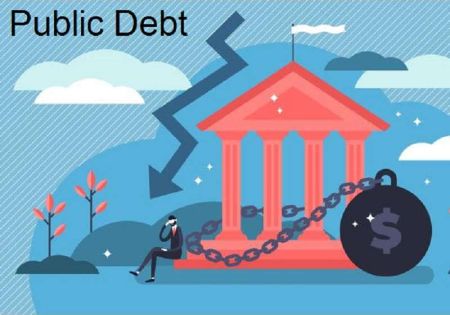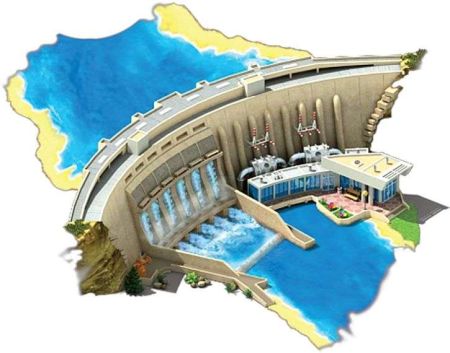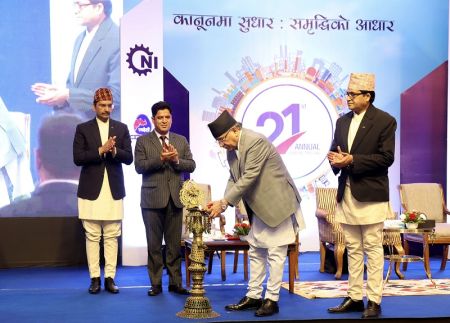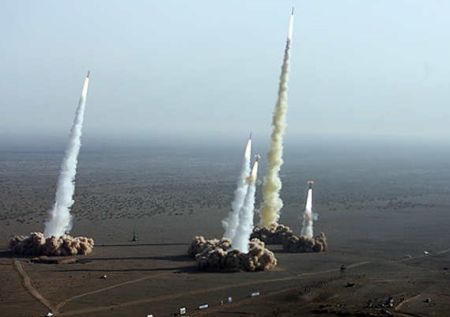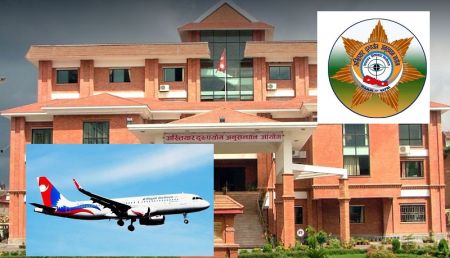Dr Yuba Raj Khatiwada
Vice-chairman
National Planning Commission (NPC)
Dr Yuba Raj Khatiwada is the new vice-chairman of the National Planning Commission (NPC), appointed to the post by the KP Oli government on Nov 4. This is the second time that Dr Khatiwada has been appointed to the post. He served as NPC vice-chairman from June 2009 to March 2010 before his appointment as the 15th governor of Nepal Rastra Bank (NRB), the country’s central bank. He served at the NRB for five years until March 2015. In an interview with Akhilesh Tripathi of New Business Age, Dr Khatiwada talked about his plans and priorities, NPC’s restructuring and the challenges he faces as the new NPC vice-chairman. Excerpts:
It’s been more than a month since you took over the reins at NPC. Have you set your priorities?
I have joined NPC at a time when there are various internal as well as external challenges. India’s unofficial blockade is an external challenge. The internal problem is I have been appointed as the lone member of the NPC in the form of its vice chairman. I have also been given the role of managing the Reconstruction Authority which is another challenging task. Although at the moment I am more occupied with reconstruction activities by facilitating the programmes, coordinating with the donors and mobilizing non-governmental organisations, I have not lost my focus on restructuring NPC and its agenda. I would particularly like to mention a couple of things that I want to do during my stay at NPC. The first is preparing the next periodic plan as the current fiscal year is the terminal year of the current three-year periodic plan. Preparing the next plan is challenging from various aspects. The country has adopted a federal governance system. So development has to be planned at the central, provincial and local levels. Similarly, in the month of September 2015, we endorsed the sustainable development goals under the UN umbrella which is very challenging, ambitious and comprehensive. These goals have to be embedded in our planning, programming and budgeting process. And we also have to develop the strategy and the operating framework to implement the sustainable development goals at different levels of government.
The third thing is expediting the ongoing activities which are budgeted for this fiscal year. We have not been able to expedite development programmes because of the ongoing blockade. We have not been able to review previous year’s programmes also. So one of my tasks would also be to see that if the monetary framework is in its place and whether it can expedite the capital expenditure.
The fourth thing is to see how we can cope with the macroeconomic challenges posed by the earthquake followed by the blockade. If we don’t have our macroeconomic parameters rightly in place, perhaps we will lose the momentum in the long run.
The main function of the NPC is to advise the government on formulation of periodic plans and the annual budget. And this is your second stint at NPC. What are the areas where you would like the government to plan more and spend more?
We have to consolidate our expenditure programme; the trend so far is to spread the budget thinly over all places. Many programmes are duplicated and many overlaps happen between the jurisdictions of the different ministries. The roads are duplicated, i.e. they are in multiple entries everywhere and thus, when to complete and who does it always remains a question. The construction of local roads has been like passing a ball among various ministries. In addition, we don’t have proper monitoring systems for the programmes that are implemented. In some programmes, we do have monitoring and evaluation systems, but we are not sufficiently equipped to properly monitor. So what I would like to do is consolidate the whole programme and see that they have enhanced credibility. Thus, our role would be to see only strategic development works and also make expenditure policy and monitor the progress.

There has been a lack of coordination between the periodic plans and the annual budget. On occasions, the short term priorities of the annual budget don’t match the long-term objectives of the periodic plans. How do you plan to address this?
It should not be the case as each ministry is given clear instructions before the budget programmes are proposed. What happens sometimes is that you have unexpected events or new events taking place and they need to be absorbed into the programmes.
For example, the roads to connect our northern borders. Nobody had thought that we need to construct these roads this year. We realized their importance only after the blockade. So these are some of the incidental things that a country must recognise and include in the planning process. But that should not be done on the cost of ongoing programmes and projects. The link between the periodic plans and anuual budget allocations is established through the medium term expenditure framework. Now we are also strengthening the medium term expenditure framework which exactly translates periodic plan into budgets for three years.
You mentioned about the northern roads. Does that mean the NPC is going to give more priority to such roads?
Of course. Our aim is to be linked to both north and south by establishing Nepal as a transit country in order to facilitate trade between India and China. Depending on a single country for trade is risky as has been proved now. So, roads linking to China are a priority for NPC now.
Given the massive earthquakes and India’s unofficial blockade, what will happen to the government’s plan of graduating Nepal to the league of developing countries by 2022? Can Nepal make it?
Obviously yes! Graduating to the group of developing countries is still possible. We thought we were going to meet the vulnerability index, one of the three criteria to graduate. But we never guessed that a natural disaster will hit us. We used to talk about only floods or droughts or some other crisis; we never thought about an earthquake. We lost schools, health posts and human resources in the earthquake. In the Terai, children have been prevented from going to school for months now. These are setbacks for our graduation efforts. Hundreds of thousands of people are likely to fall into absolute poverty because of the earthquake. Thus, our first parameter for graduation - per capita GNI - has been deteriorated. Technically, we can still graduate to the group of developing countries as we will be meeting the next two criteria. However, my question is, do we technically need to graduate or do we really deserve to be graduated? To me, technical graduation does not make much sense.
Some people ask if Nepal stands to gain from the graduation or will it just lose the privileges it is getting as an LDC?
The tag of LDC is something we want to get rid of politically. But there are some concerns that Nepal will lose some of its foreign assistance, trade incentives and access to international market might become tougher than now after graduating from LDC. However, there are some mechanism for the transition phase which the UN is working on at present. But for the fear of losing some of the incentives, we should not give up our plan to graduate.
The White paper issued by the government recently has shown that the government has a huge surplus in its coffers. But the White paper is silent on how is that going to be deployed. What is NPC planning for this money?
We have only around Rs 40 billion which is surplus for the current year’s budget. In the first trimester, you have surpluses. This year most of the development projects are stalled because of fuel shortage created by the blockade. And some projects don’t even have enough construction materials like cement, rods and others. In addition, we have power cuts. These issues also affect the government’s development and construction plans. Since this government was formed only about two months ago, it needs to settle down in terms of investment and implementation.
Slow government spending and poor performance of the projects of national pride have emerged as two major problems. How does the NPC plan to make progress on these fronts?
I can give you some examples. The much needed Upper Tamakoshi hydropower project should have already been in operation but it has been postponed for yet another year. The access road to Tamakoshi is destroyed by the earthquake and it is estimated to take two-three months to clear the road. But when I ask to make it quicker, I am told that there is not enough fuel to run the excavator. At the moment, we are helpless even if we try our best. The best way to utilize this time is to prepare the documents and do the paperwork required for the implementation of the projects.
The Melamchi drinking water project is another example. It has problems arising because of contractors and sometimes it has management related problems. The case of many projects in the Terai is similar. It’s not only the government but also the contractors who create hurdles in the smooth running of the projects.
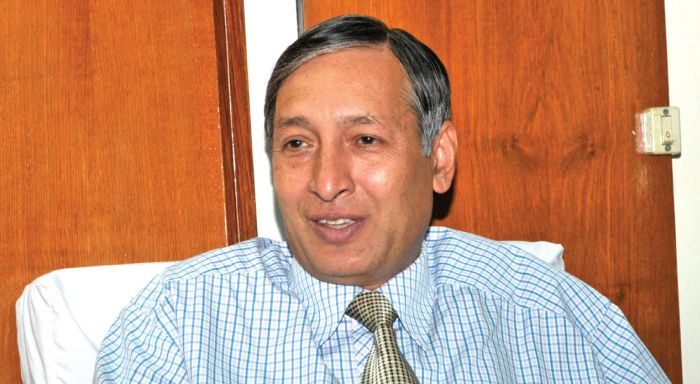
Some people say that NPC is losing its relevance as the planner of the country’s development. What’s your opinion?
I don’t disagree. People will always question the role of such institutions if they are not guided by principles and certain norms and keep on adding projects in the interest of various groups. My challenge is to regain the reputation of NPC. Now, NPC’s role itself is changing because of the federal setup of the country. Now we won’t be making programmes for the provincial and local governments.
It has been more than 60 years since Nepal started planned development and so far we have seen nine five-year plans and three three-year interim plans. How do you assess Nepal’s effort at planned development?
Infrastructure development has been far from satisfactory. But we have made a lot of progress in terms of social indicators such as school enrollment, gender parity, health indicators, gender empowerment, water supply coverage and other several social indicators which are very much comparable with the South Asian standard. But we lost in economic infrastructure while focusing on social indicators. After the World Summit for Social Development, 1996 Copenhagen, we started putting a lot of effort on social structures. We also focused on allocation of resources for improvement in social indicators which somehow undermined our focus on building economic infrastructures. We thought that the economic activities will be taken care of by the private sector. But, we forgot that they won’t come forward in the absence of basic infrastructures. Now I am talking about an infrastructure-led economic growth, which will create jobs, environment for the private sector and help boost the economy. This is a shift from one part of the economy to another. If you cannot make enough social investment, you have to top up the deficit by investing in infrastructure. You can refer to international financing and can resort to the PPP model or create environment for private sector to come up and mobilize your resources. We need to develop basic infrastructures, which will create employment, development and better services.
You are the ninth NPC vice-chairman post-2006. Political instability has really affected NPC’s role, hasn’t it?
I would say both yes and no. I saw several prime ministers and finance ministers when I was at the central bank. But still I did my job. All I needed was a secure post from where I could be accountable and deliver my duties independently. Traditionally, NPC office-bearers have been appointed politically because NPC is supposed to advise and plan for the government of the day and we all know that governments are formed by political parties. So, a new NPC team is appointed when the government changes. Thus the issue is how we can make NPC a stable organisation even if the government keeps on changing. Only then can it work more efficiently. But today even credible programmes formulated by the previous NPC team get discontinued. So, we need to restructure the NPC and make it a legal entity so that the positions of NPC office-bearers become secure at least for a certain period. We should make them accountable for what they do and only dismiss them for misconduct as practiced in the central bank. This would surely help bring stability to NPC. But we need to understand that not everyone is fit to be a planner.
NPC members are appointed on a quota basis by the political parties. Do we get real development experts this way?
In a party system, it is obvious that political parties will recommend office-bearers to NPC. Even in party quota, there are professional who are specialized in their sectors. But the parties should pick only able candidates who know what NPC is and what it is supposed to do. The candidates must meet certain criteria.
Right now you are like a general without his lieutenants. When do you think the NPC members will be appointed?
I hope that the members will be appointed as soon as possible, hopefully, before this calendar year ends.
Are you going to continue with the 2nd Generation Reforms which the NPC team led by your predecessor talked about?
Please tell me what a first generation reform is. We make reforms; it is a continuous process. But, I don’t like to divide reforms into generations. Let’s say just reforms. You need reforms if, after some time, things stop working or when there is a need to increase economic growth or sustain it in a changed environment. We have to think about reforms which will ensure fair income distribution, generate more jobs and deliver inclusive and socially justifiable economic growth. We should talk about such reforms. That is the kind of reform we should be doing which requires sectoral and macroeconomic reforms.


